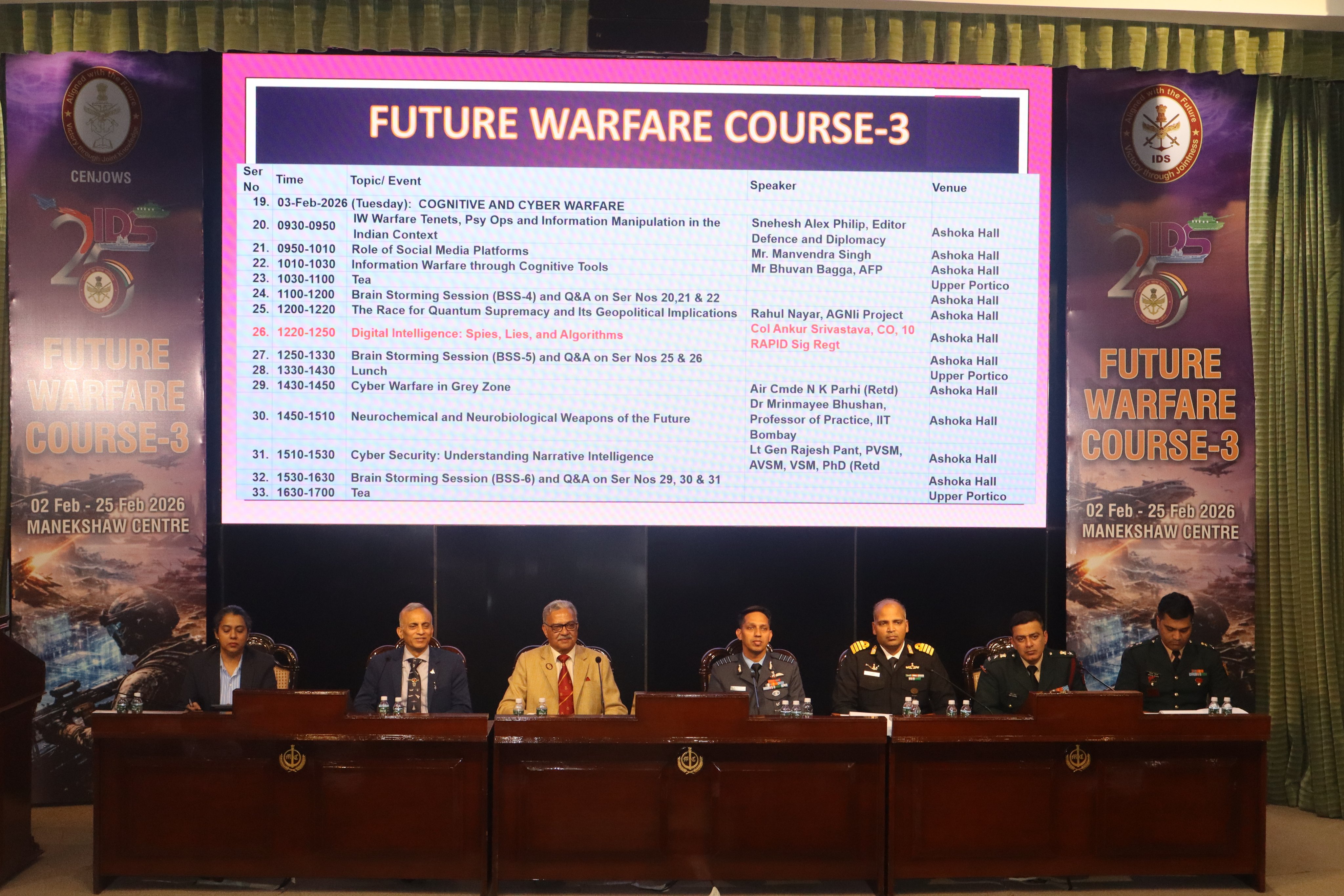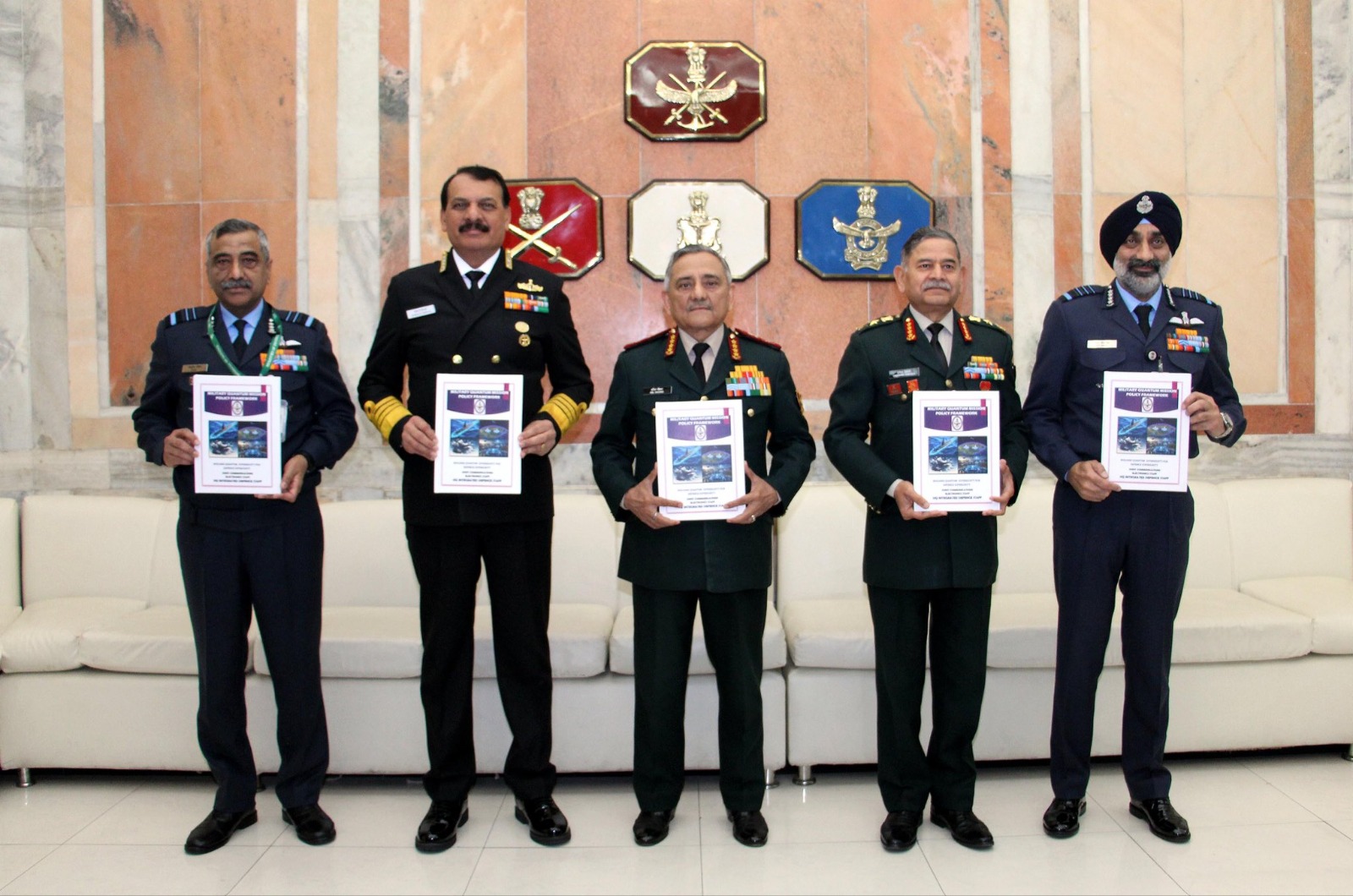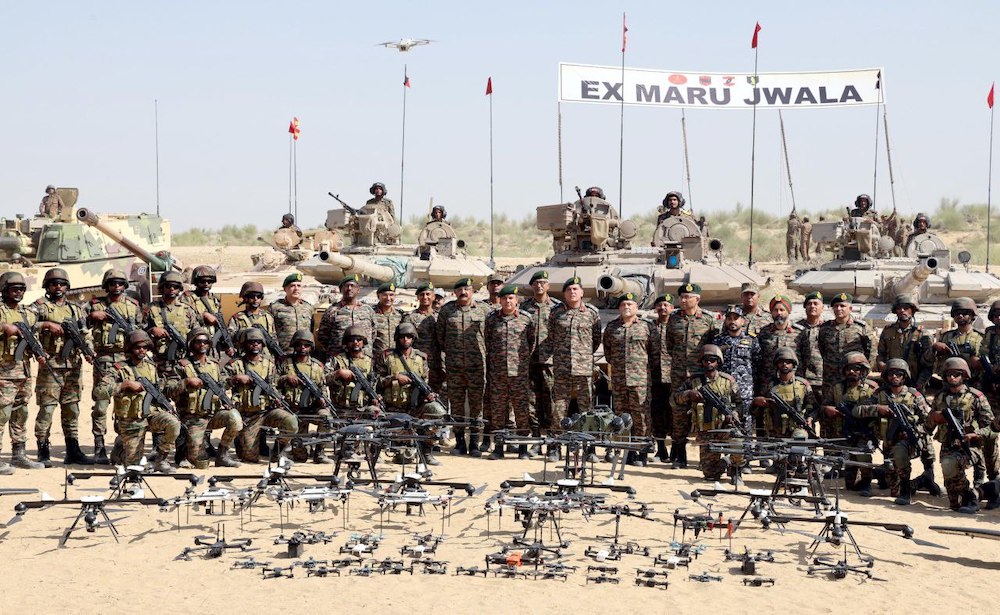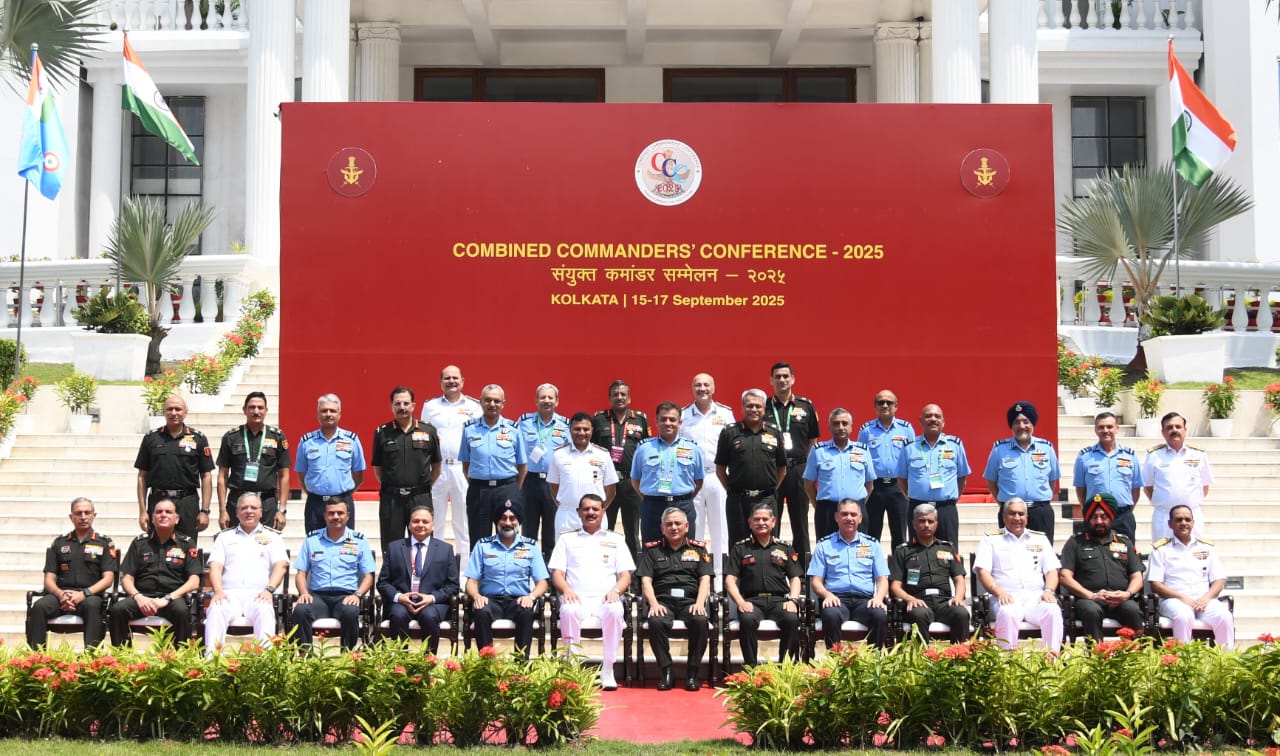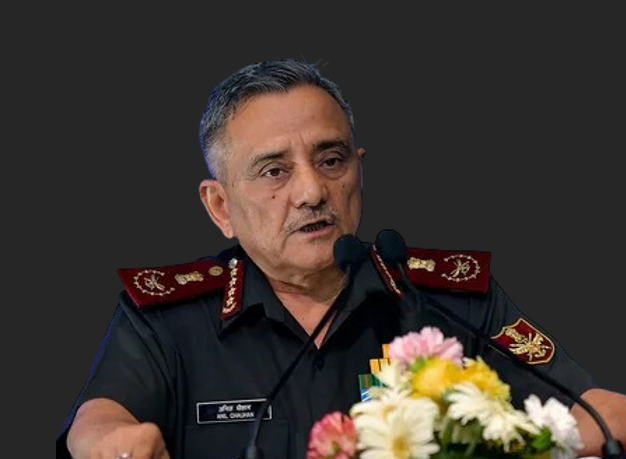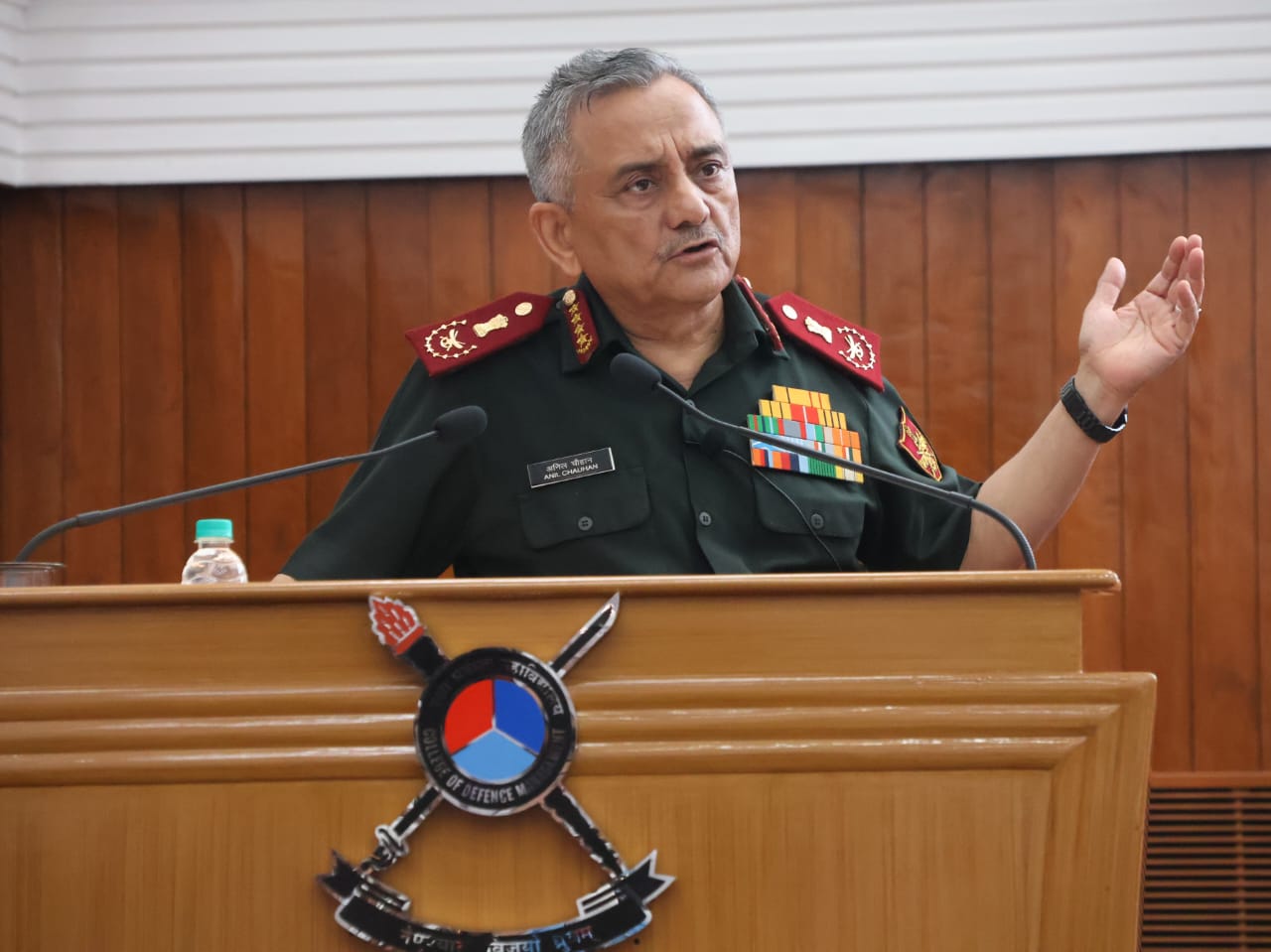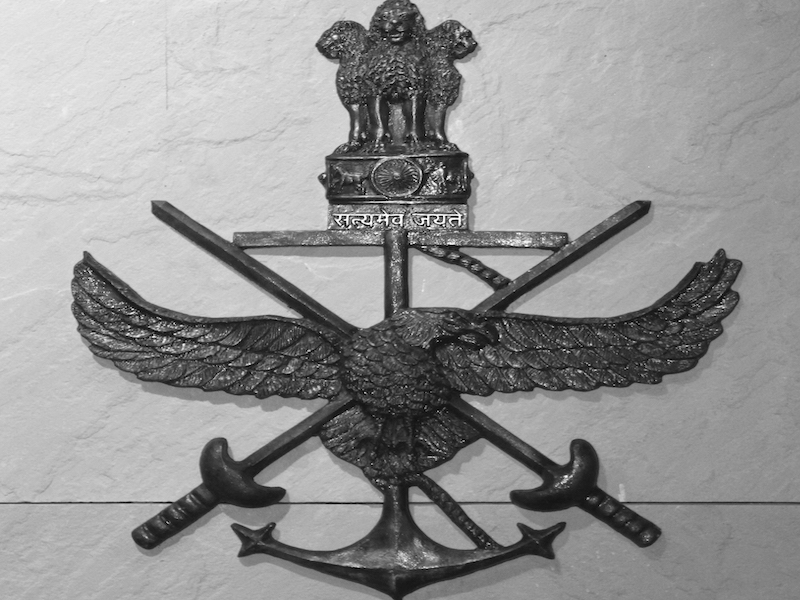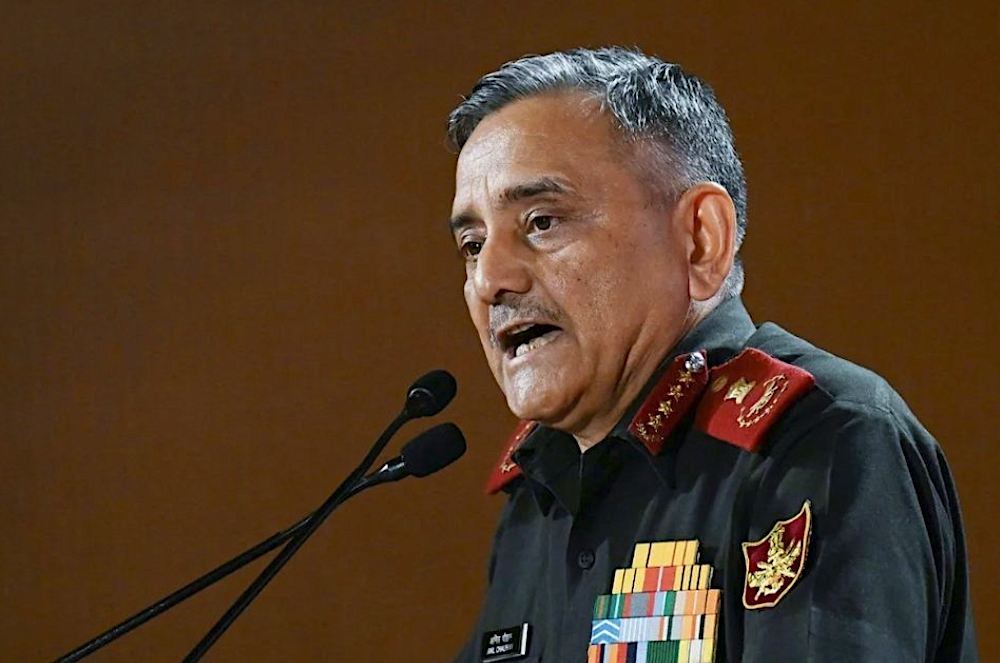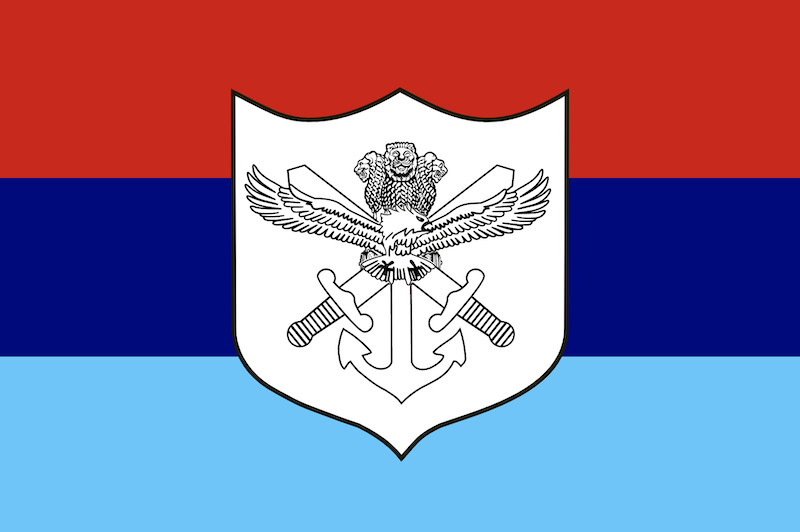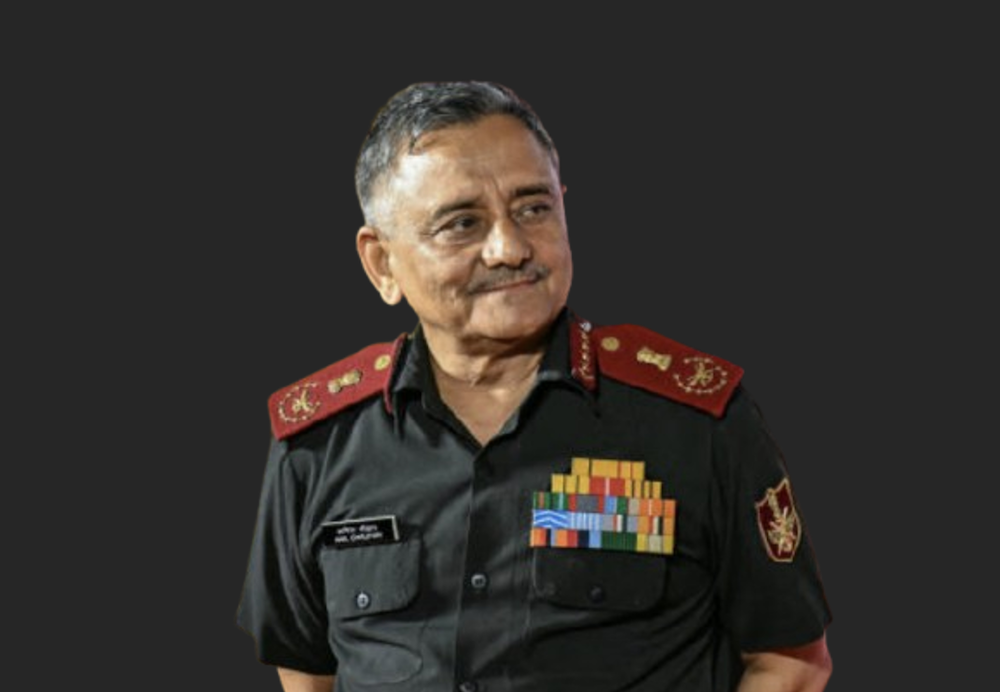 General Anil Chauhan.
General Anil Chauhan.
New Delhi: The chief of defence staff, General Anil Chauhan, has made the first official acknowledgement that the Indian Air Force lost fighter jets during Operation Sindoor in May. The admission came during an interview with Bloomberg TV on the sidelines of the Shangri-La Dialogue in Singapore on Saturday.
The revelation marks a significant departure from New Delhi’s previous position of not commenting directly on aircraft losses. For weeks, speculation had mounted following claims by Pakistan’s prime minister, Shehbaz Sharif, that his country had shot down six Indian jets during the four-day conflict that began on May 7.
Focus on Learning, Not Numbers
Gen Chauhan emphasized that the military’s priority was understanding tactical failures rather than dwelling on specific loss figures. “What is important is not the jet being down, but why they were being downed,” he stated during the interview.
The CDS highlighted India’s ability to quickly adapt and learn from mistakes. “The good part is that we are able to understand the tactical mistake which we made, remedy it, rectify it, and then implement it again after two days and flew all our jets again, targeting at long range,” he explained.
When pressed about specific numbers, Chauhan maintained that “why they were down, what mistakes were made – that are important,” adding emphatically that “numbers are not important.”
India’s military confirmed for the first time that it lost an unspecified number of fighter jets in clashes with Pakistan in May.
— Bloomberg TV (@BloombergTV) May 31, 2025
Anil Chauhan, chief of defense staff of the Indian Armed Forces, spoke to Bloomberg TV on Saturday, while attending the Shangri-La Dialogue in… pic.twitter.com/9y3GW6WJfn
Rejecting Pakistani Claims
While confirming that Indian aircraft were lost, Gen Chauhan categorically dismissed Pakistan’s specific assertions. He called Sharif’s claims of shooting down six Indian warplanes “absolutely incorrect”, though he declined to specify India’s actual losses.
Pakistani sources had claimed downing three Indian Rafale fighters along with other aircraft, including Sukhoi-30MKI and MiG-29 jets. Intelligence reports from US officials, as reported by Reuters, suggested that Pakistan’s Chinese-made J-10 fighter jets were responsible for downing at least two Indian aircraft using air-to-air missiles.
However, Chauhan dismissed claims about the effectiveness of Chinese and other foreign weaponry, stating they “didn’t work”.
Operation Sindoor Background
India launched Operation Sindoor on the intervening night of May 6 and 7 following a terrorist attack in Kashmir’s Pahalgam on April 22, where 27 tourists and a local pony operator were killed. The operation, named after the vermillion powder used by Hindu women as a marital symbol, targeted what Delhi described as “terrorist infrastructure” in Pakistan.
Indian strikes hit locations up to 300 kilometres inside Pakistani territory. The conflict marked the worst fighting between the nuclear-armed neighbours in more than two decades, with both sides trading air, drone and missile strikes along their shared border.
Pakistani military sources claimed that at least 26 civilians died and 46 were injured in the Indian strikes.
Nuclear Threshold ‘Far-Fetched’
Gen Chauhan also addressed claims by the US president, Donald Trump, that India and Pakistan had come to the verge of nuclear war during the conflict. He described such suggestions as “far-fetched”, stating “there is a lot of space between conduct of conventional operations and the nuclear threshold.”
The CDS noted that communication channels with Pakistan “were always open” to control the situation. He emphasized that on the escalation ladder, there were “more sub-ladders which can be exploited for settling out our issues” without resorting to nuclear weapons.
Chauhan indicated that the cessation of hostilities is holding, though future developments will depend on Pakistan’s actions. He added that India has “laid clear red lines”.
Political Criticism at Home
The CDS’s admission has sparked criticism from the opposition Congress party. Senior leader Jairam Ramesh questioned why such revelations were made abroad rather than through proper domestic channels.
“Why did we have to wait for statements from Singapore? We are supposed to be the mother of democracy,” Ramesh said while speaking to a reporter.
The Congress has demanded a comprehensive review of India’s defence preparedness by an independent expert committee, similar to the Kargil Review Committee established during former prime minister Atal Bihari Vajpayee’s tenure. Ramesh emphasized that the issues raised by Chauhan “are critical” and “impinge” not just on military strategy but also on foreign policy, economic policy, and diplomatic strategy.

